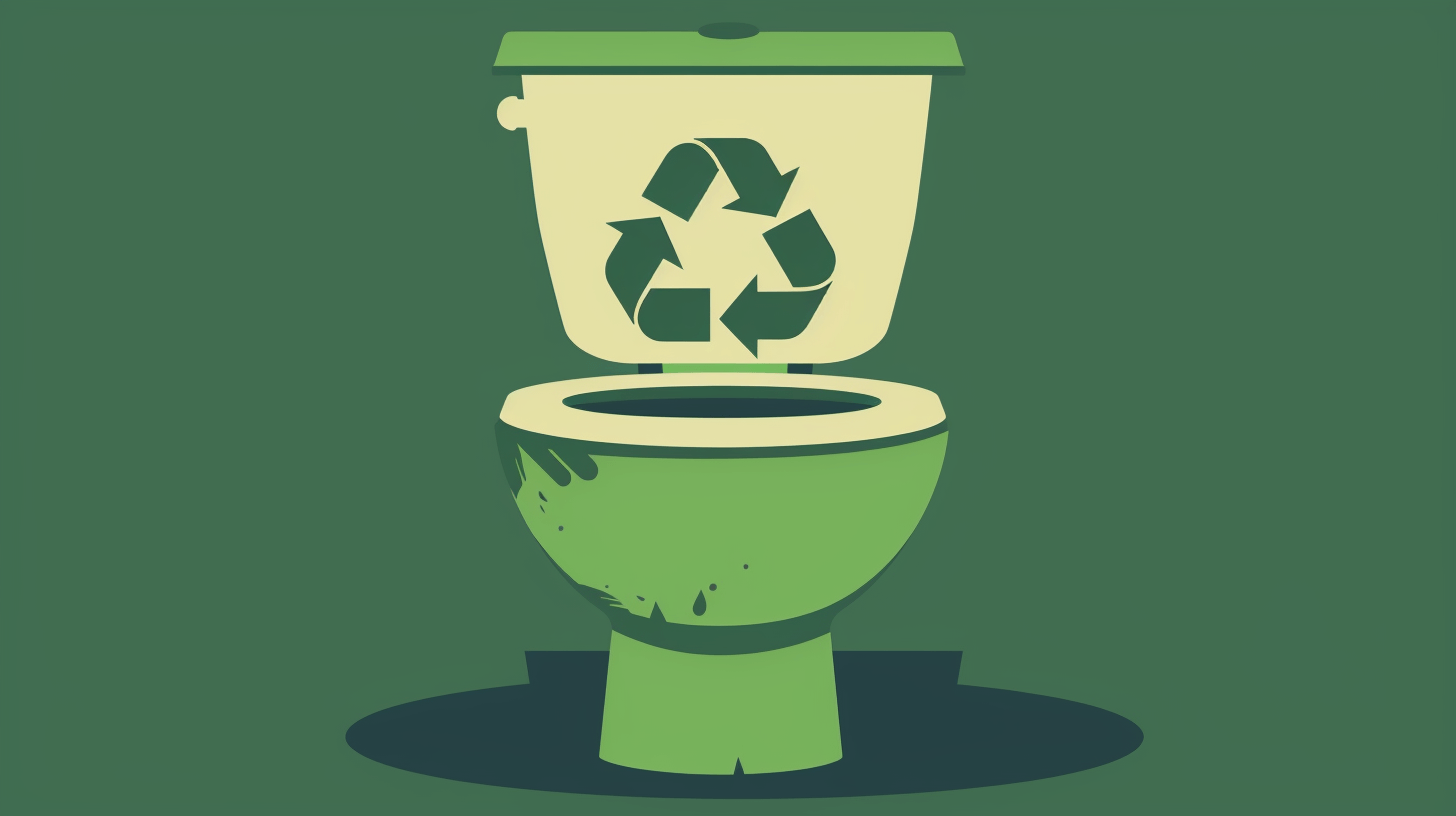Arizona could be the new toilet-tech epicenter of the US!
In the arid landscape of Arizona, finding sustainable water solutions is an ongoing challenge. However, Scottsdale, Arizona, has emerged as a pioneer in water sustainability with its innovative approach to recycling wastewater.
Water recycling, also known as water reuse or water reclamation, is the process of treating wastewater to remove impurities and contaminants so that it can be reused for various purposes. Instead of discharging wastewater into rivers, lakes or oceans, recycling water involves treating it to a quality suitable for specific applications such as irrigation, industrial processes or even drinking.
The process typically involves several stages of filtration and treatment to remove solids, pathogens, chemicals and other pollutants from the wastewater. Common methods used in water recycling include physical filtration, biological treatment, chemical disinfection and advanced technologies like reverse osmosis and ultraviolet (UV) irradiation.
Recycle doesn’t stop at metal cans and plastic bottles!
Once treated, recycled water can be used for non-potable purposes such as landscape irrigation, industrial cooling, toilet flushing and firefighting. In some cases, advanced treatment processes can produce recycled water that meets drinking water standards, allowing it to be used for human consumption.
Brian Biesemeyer, the executive director of Scottsdale Water, emphasizes the city’s commitment to water sustainability, a journey that began over 25 years ago. The Scottsdale Water campus stands as a unique facility in Arizona, dedicated to recycling water to a quality suitable for drinking.
The decision to invest in water recycling was prompted by the realization that relying solely on groundwater was unsustainable, especially after the Groundwater Act was passed in the 1980s. Scottsdale recognized the value of recycled water, often considered a waste product by other communities, as a vital resource in the desert.
Since its construction in 1998, the Scottsdale Water facility has employed a sophisticated four-step filtration process to produce high-quality water. This process includes ultra-filtration membranes, ozone treatment, reverse osmosis, and UV photolysis, ensuring that the recycled water meets stringent quality standards.
No reports regarding the taste of recycled water… or smell.
The recycled water serves various purposes, including irrigation for golf courses, maintaining sports complexes like the Scottsdale Stadium, and watering the Bell Road soccer fields. Additionally, Scottsdale recharges its groundwater by injecting processed water back into the ground, a practice initiated in 2006.
Water recycling offers several benefits, including conserving valuable freshwater resources, reducing the strain on natural water sources, and mitigating the environmental impact of wastewater discharge. It also provides a reliable and sustainable water supply, particularly in regions facing water scarcity or drought.
Looking ahead, there are prospects for using recycled water for drinking purposes in Scottsdale. State regulations may soon permit this innovative approach, further cementing Scottsdale’s position as a leader in water sustainability.
Overall, Scottsdale’s toilet-to-tap initiative represents a significant step towards achieving water sustainability in the desert environment. By embracing recycled water as a valuable resource rather than a mere waste product, Scottsdale sets an example for communities facing similar water challenges.
Does this story make ponder, “could I recycle my poo?” Well, that wasn’t the immediate point of the article but we’d love to hear from ya! Shoot us a note! Or drop a comment on this article or any others that flush your senses.
